
Cairo, the city of a thousand libraries.. Science and reading are food for the mind " by the writer Mustafa Kamal Al-Amir

- Europe and Arabs
- Saturday , 4 January 2025 12:30 PM GMT
On the occasion of the upcoming launch of the 56th edition of the Cairo International Book Fair at the Egypt International Exhibition and Convention Center from January 23 to February 5, 2025, we are talking here about the importance of spreading the culture of science and reading.
Cairo was historically known as the city of a thousand minarets after the entry of Islam into Egypt in 641 AD.
It was the first country in Africa to be conquered by the leader Amr ibn al-Aas and his mosque south of Cairo.
Over 14 centuries, the number of mosques in Egypt has increased to nearly one million mosques for Muslim prayers, including one hundred thousand mosques in Cairo alone, while the number of public libraries is very limited and does not suffice the reading and culture needs of Egyptians in the age of science, knowledge and the digital revolution. For this, I proposed to His Excellency President Abdel Fattah El-Sisi, His Excellency the Prime Minister of Egypt and His Excellency the Egyptian Minister of Culture
An ambitious cultural project to establish the Cairo Library, the city of a thousand "libraries" to spread science and culture and dry up the sources of ignorance, extremism and terrorism, similar to the famous Library of Alexandria, which was revived after two thousand years of Roman rule and the Ptolemaic kings, successors of Alexander the Great, whose name the city of Alexandria bears The first capital of Egypt for 1500 years until Cairo was transformed a thousand years ago
The Egyptian Public Libraries System is one of the leading cultural projects in Egypt,
The main library overlooking the Nile is located in the Dokki district of Giza Governorate, and is distinguished by its geographical proximity to Cairo University and its affiliated colleges, higher institutes and art museums
The library provides different ways of knowledge such as books, magazines, audio and video tapes, and opens channels for students and researchers to practice cultural and entertainment activities. It is characterized by modern and international indexing systems
The library has opened different branches in different neighborhoods in Cairo such as Zeitoun, Heliopolis, and Al-Zawiya Al-Hamra, and in the New Valley Governorate and in cities such as Port Said, Damietta, Hurghada, Luxor, Damanhour, Ismailia, Zagazig, Benha and Minya
The number of bookstores, public and specialized libraries, and university and institute libraries has reached 1353 libraries (319 general, 394 specialized, 640 university And institutes
The number of books and pamphlets, composed and translated, legally deposited in the National Library and Archives amounted to 12.8 thousand books and pamphlets in 2020
While the number of printed copies amounted to 64 thousand copies in 2020
World Book Day, which was approved by the United Nations Educational, Scientific and Cultural Organization (UNESCO) on April 23 annually, where cultural events are held around the world
The Egyptian National Library is the first national library in the Arab world after the Mongol Tatars burned the libraries of Baghdad and Damascus. In 1870 AD, based on the proposal of Ali Pasha Mubarak, the supervisor of the Diwan of Education at the time, Khedive Ismail issued a high order to establish a library in Cairo "The Egyptian Khedivial Library" to collect manuscripts and precious books and be the nucleus of a public library similar to the national library houses in Europe
In 1904 AD, the library moved to its new building in the square Bab Al-Khalq. In 1971, the library moved to its current location on the Nile Corniche in Ramlet Boulaq. In 1966, the Egyptian National Archives was incorporated into the Egyptian National Library. The National Library in Bab Al-Khalq aims to spread cultural awareness among members of society. Facilitate access to the intellectual, literary and scientific production of human civilization. Providing library services to researchers and readers, and making the house's holdings available. There are (28) branch libraries connected to the house's network, in addition to the Children's Literature Documentation and Research Center affiliated with the Scientific Centers Sector. The number of public library visitors reached 3.5 million, and university and institute libraries occupied the largest share with 2.7 million, followed by public libraries with only half a million, which is a meager percentage of less than 1% only, not at all commensurate with the population of Egypt, 105 million, of whom 20 million are students and pupils in various stages of study from primary to preparatory to secondary and university colleges, with Al-Azhar schools and institutes where one million students study, along with thousands of foreign students and scholars in the city of Islamic missions. Reading is food for the mind. It is known that the largest library in the world is the Library of Congress in Washington, the capital of the United States, "the last civilization in the world", while Egypt, the oldest civilization in history, was the first to have it. Likewise, in the "small" Netherlands, there are hundreds of public libraries in all its cities and villages that provide a cultural service for reading and borrowing books, magazines and newspapers in different languages, including 30 branches. Spread in the neighborhoods of Amsterdam alone
The Egyptian state has been interested in establishing opera houses and huge museums to display our Egyptian antiquities of all kinds and artistic theaters in the new Egyptian administrative capital
Is it also among its priorities to care for the minds and culture of our youth and the future of our children?
Or have we merely been satisfied with raising bodies and leaving minds empty and vulnerable to the poisonous Western intellectual invasion?
After the temptations of modern social life, from smartphones, tablets, the Internet, electronic games and satellite channels, have stolen people from reading and borrowing various scientific books in all fields
Which was clearly reflected in the frequenting of libraries, until some of them reached a critical stage of depression
While there is great prosperity and activity in the libraries of "foreign" cultural centers in Egypt
From America, Germany, France, Britain, even China and Japan due to the intelligence and professional quality of its management
Also the success of the Library of Alexandria on the Mediterranean coast and its transformation into a center of cultural radiation and a beacon for Egypt and the world
Which gives it hope to achieve and achieve the same success in the capital, Cairo, and in Aswan, Rafah, Arish, Tanta, Mansoura, Marsa Matrouh and all the cities of Egypt in the countryside and Upper Egypt to combat ignorance, poverty, backwardness and corruption and build a bright future for our young country with science, justice, work and reading history lessons




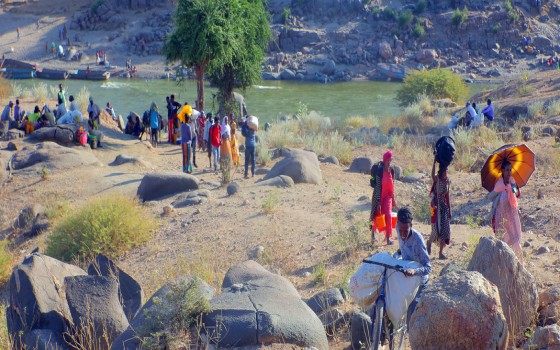

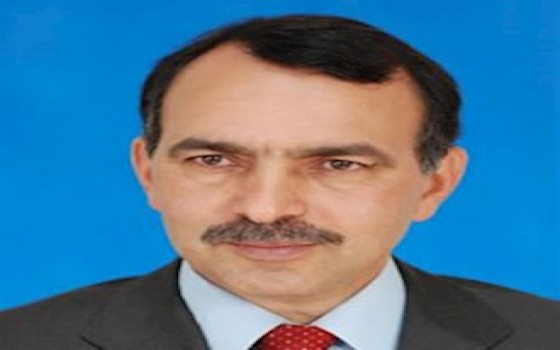
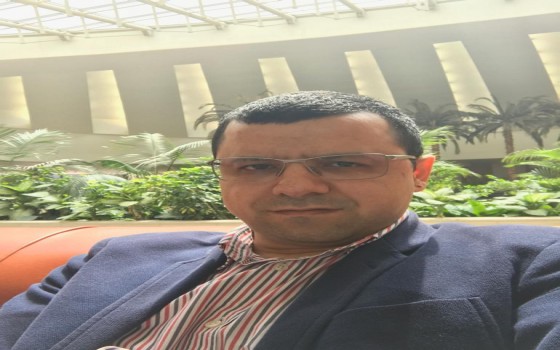

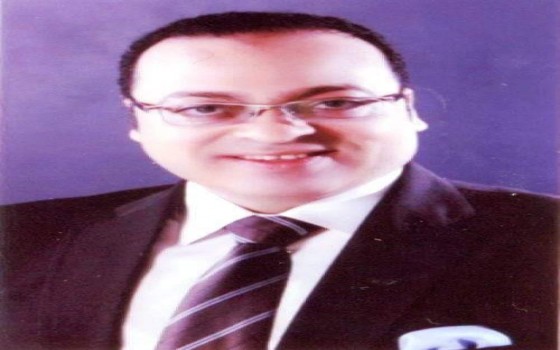

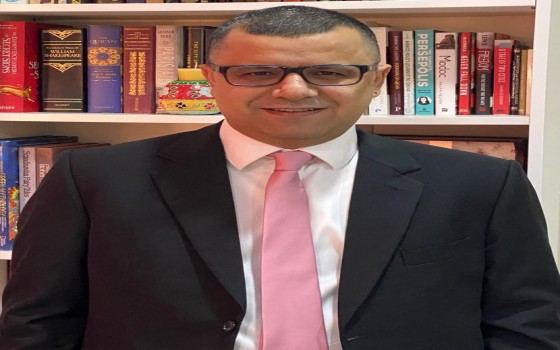
No Comments Found